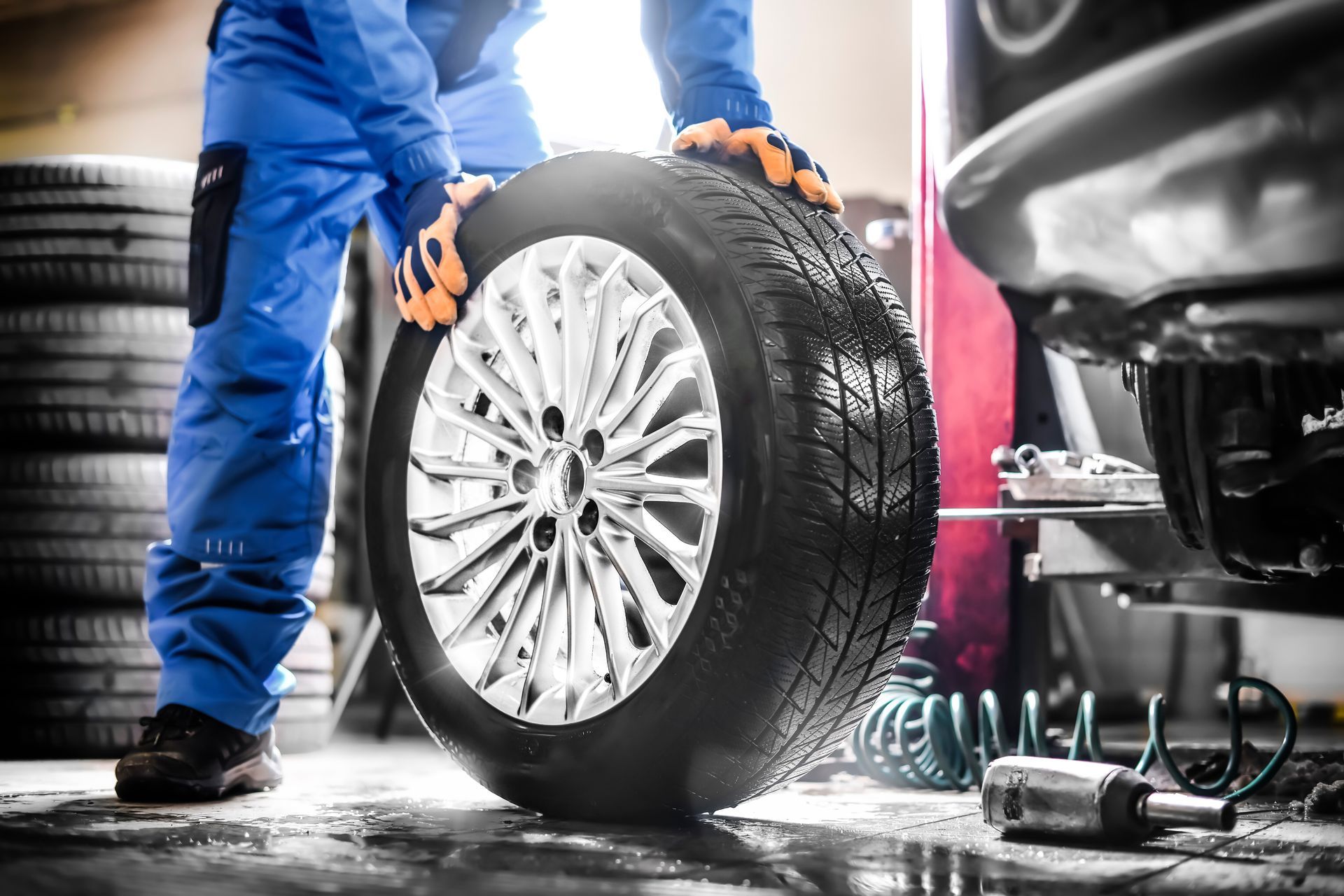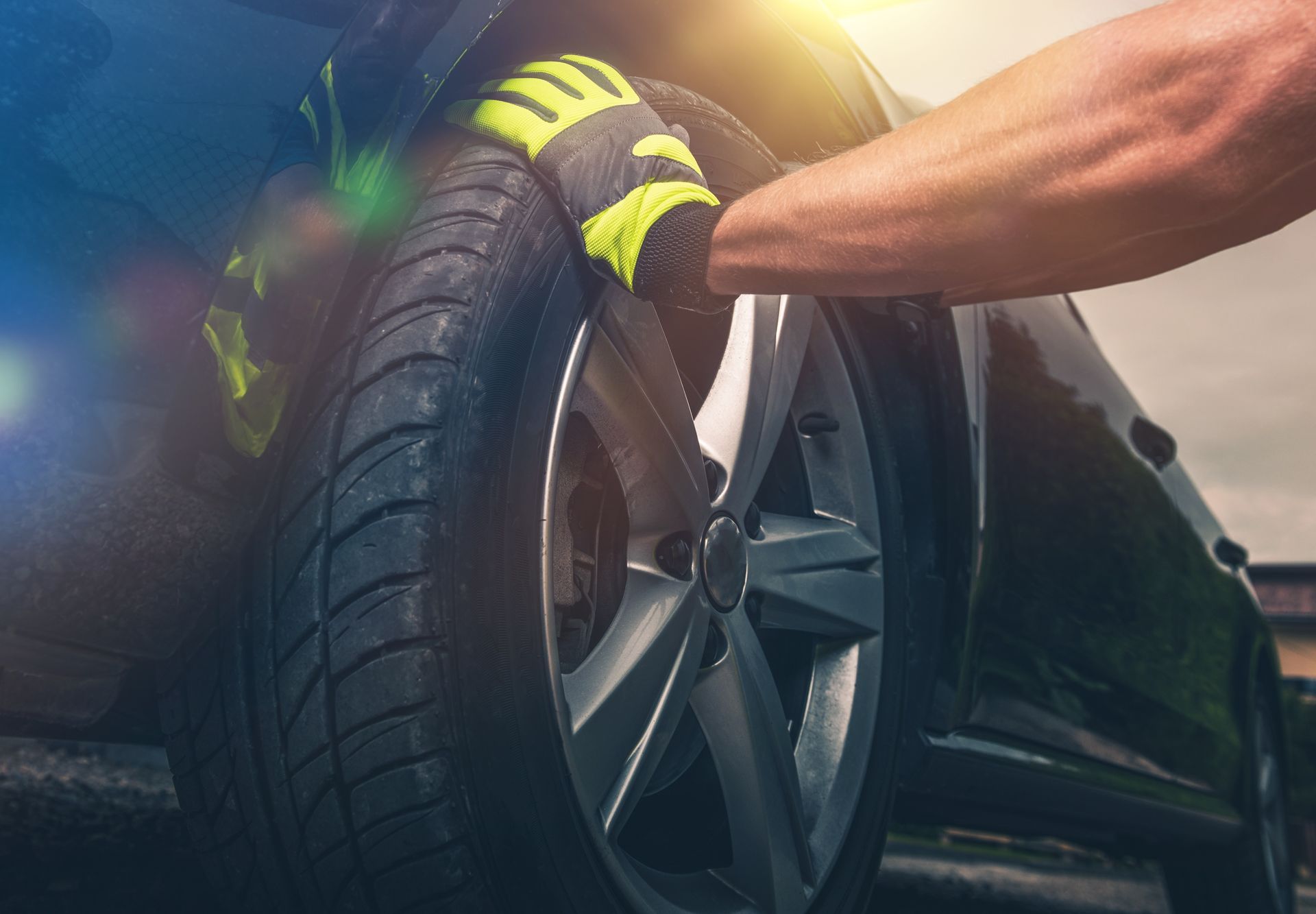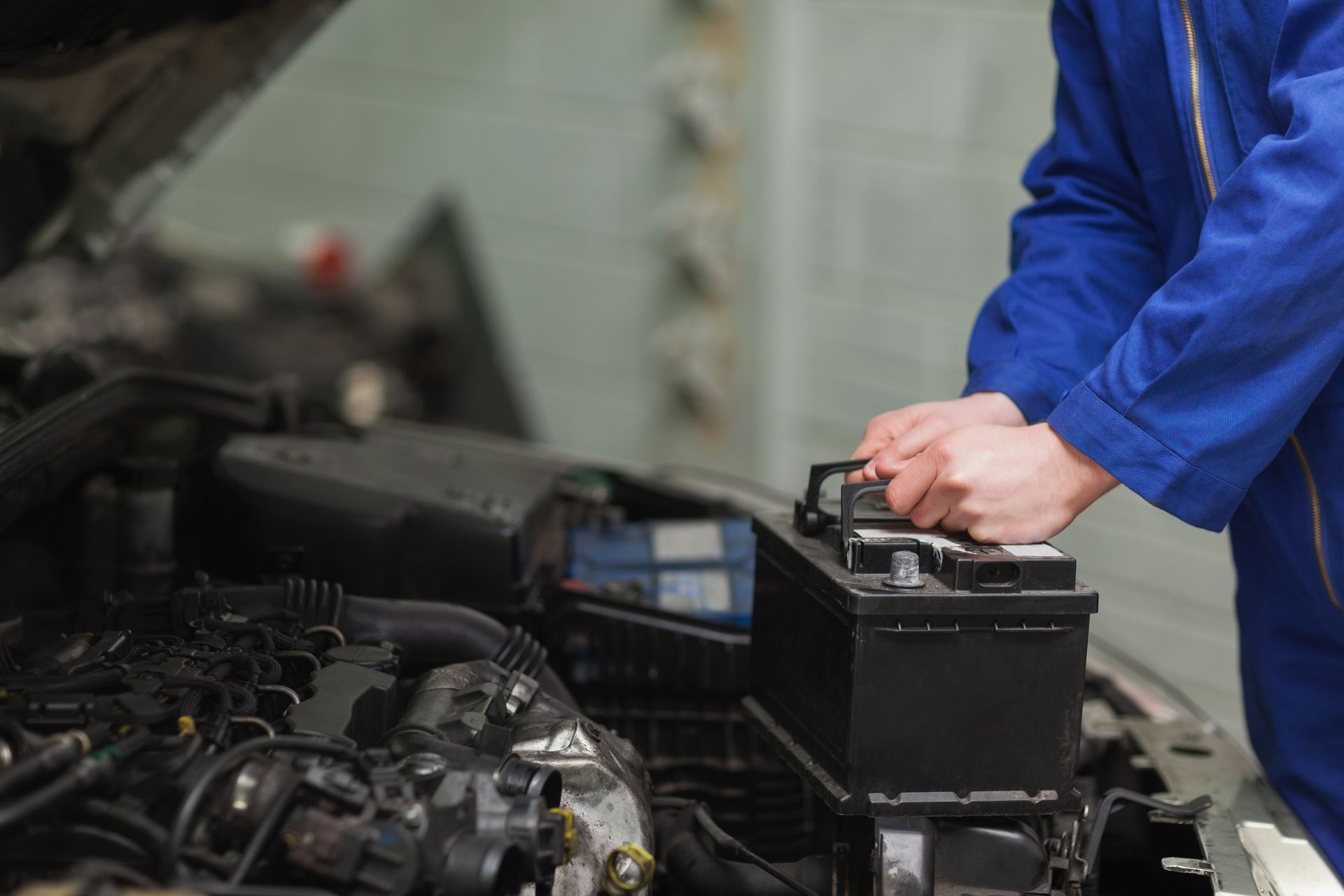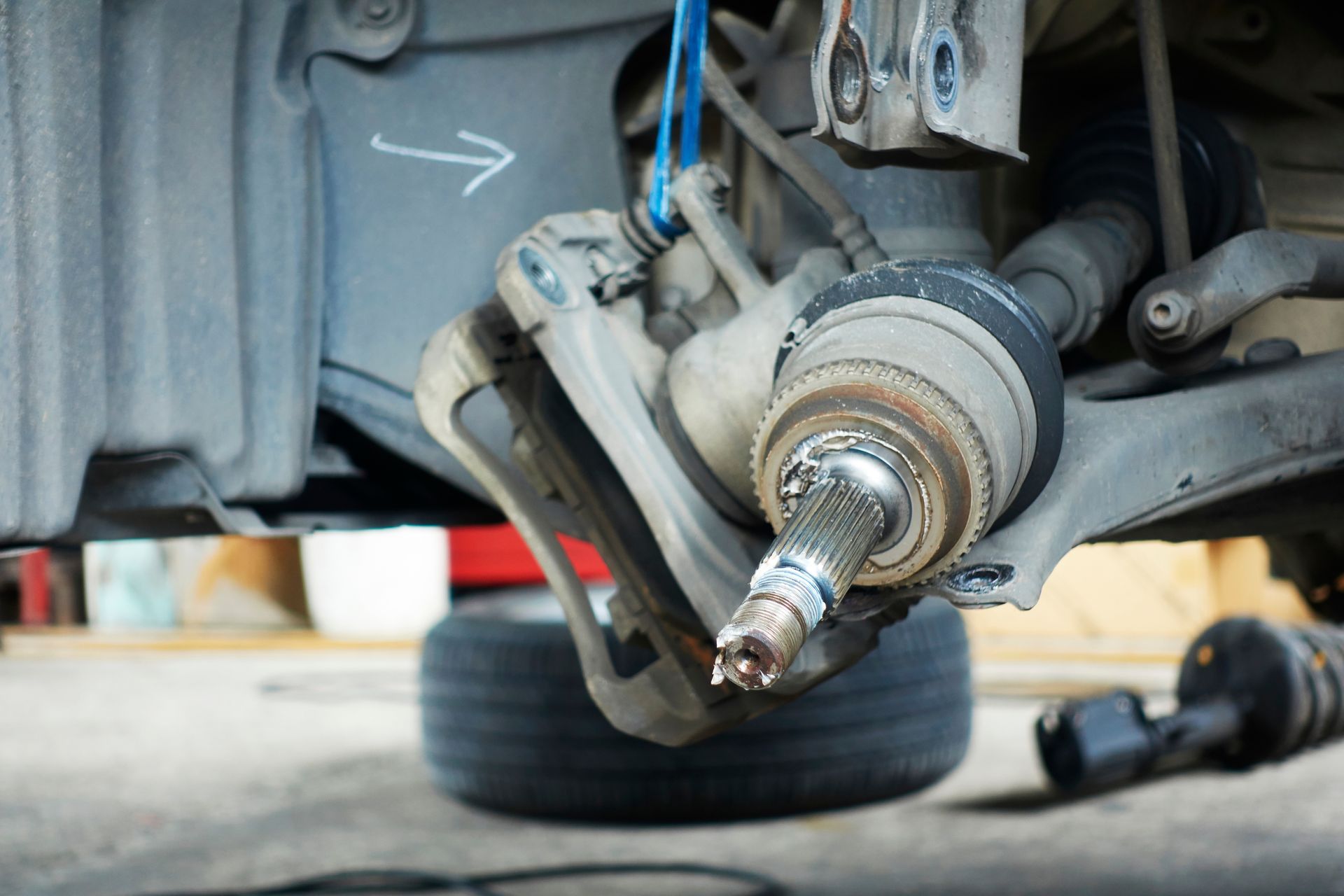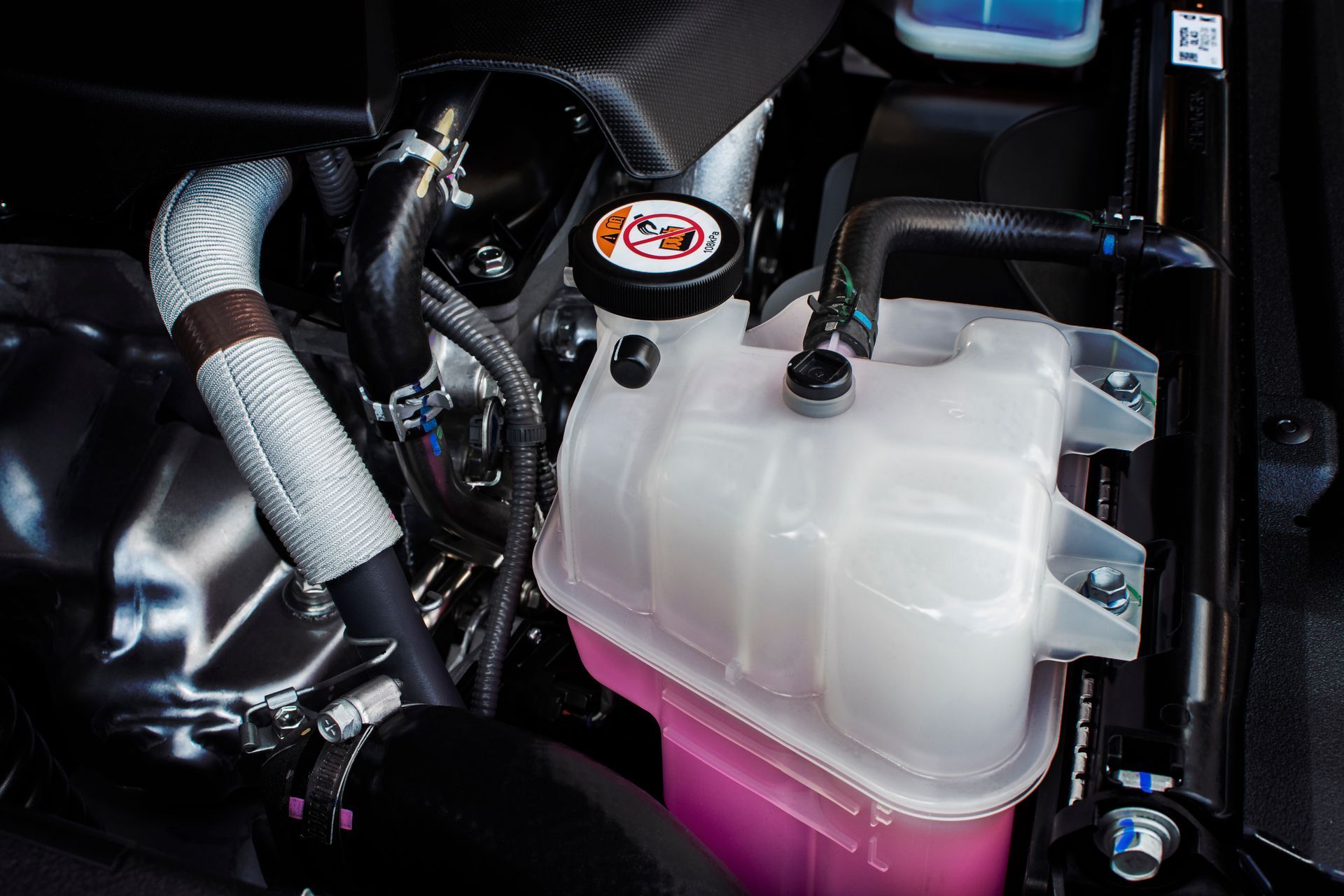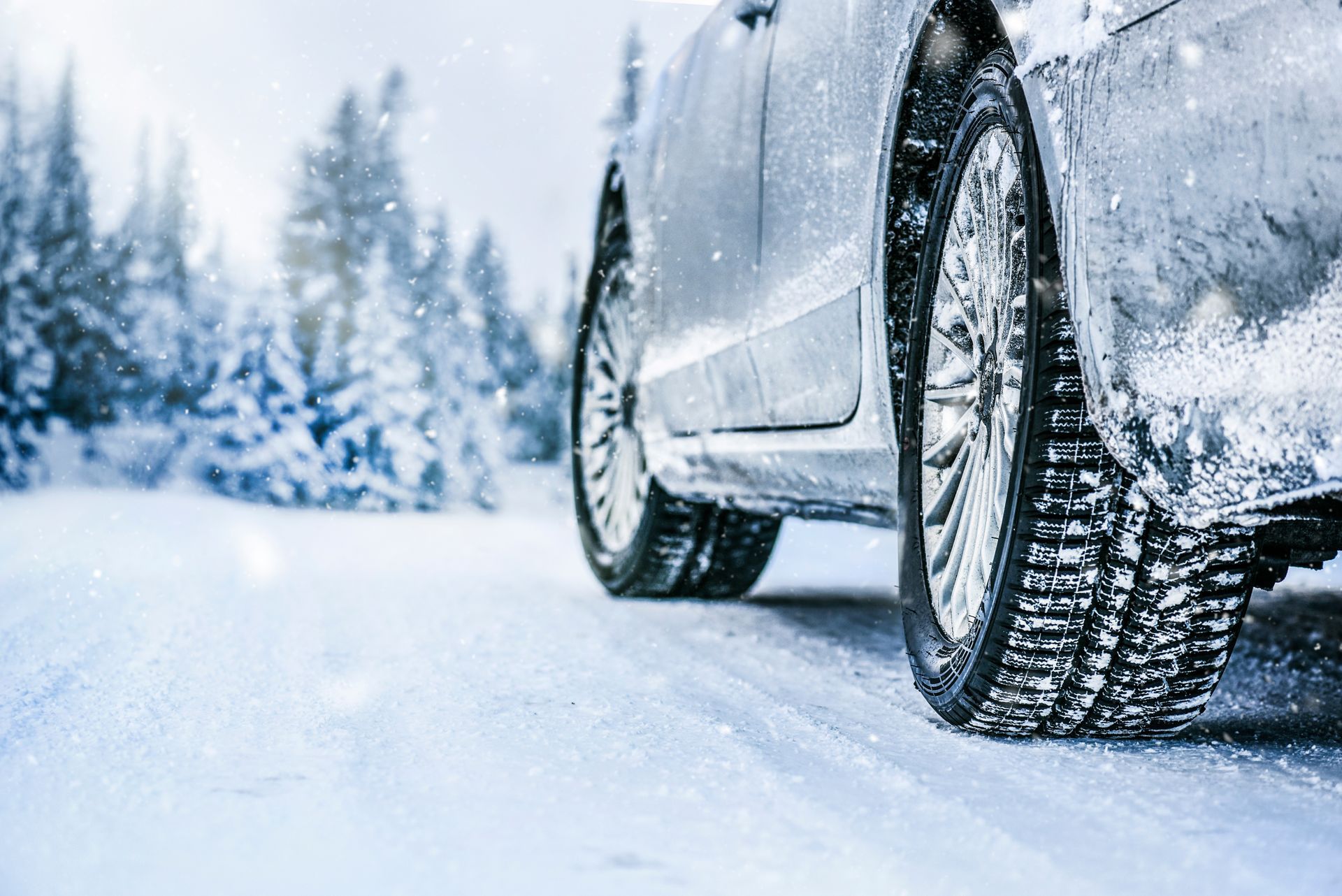Oil leaks might start small, but they rarely stay that way. What begins as a few drops in the driveway can turn into a serious issue that affects your engine's health and your car’s overall performance. In Lombard, IL, where temperature changes and daily driving can put stress on your engine seals and gaskets, spotting an oil leak early can save you from costly repairs.
Here’s what causes oil leaks, how to recognize them, and what to do if you notice signs of trouble.
What Causes Oil Leaks
Oil is essential for lubricating your engine’s internal parts, but it must stay sealed inside a closed system to do its job properly. When oil starts leaking, it usually means something is no longer sealing the way it should. Common causes include:
- Worn or cracked gaskets and seals
- A damaged oil pan or oil pan gasket
- Loose or stripped drain plugs
- Old, hardened valve cover gaskets
- The oil filter is not installed properly or damaged
- High engine pressure is forcing oil past weak seals
Over time, rubber seals and gaskets can dry out, especially in extreme temperatures. This makes them more likely to crack or shrink, allowing oil to seep through.
Signs You Have an Oil Leak
Catching an oil leak early can make the difference between a quick fix and a major repair. Look out for these signs that your vehicle may be leaking oil:
Puddles or dark spots under your car, especially after it's been parked overnight
- A burning oil smell while driving
- Blue smoke coming from the exhaust
- A visible oil sheen on engine parts
- Low oil levels on the dipstick
- Engine warning lights, including the oil pressure light
These symptoms can appear gradually or all at once. Any of them should prompt a closer look before more damage occurs.
Why Ignoring an Oil Leak Is Risky
Even a small oil leak can cause problems if left alone. The engine needs proper lubrication to function. Without it, friction builds, heat increases, and metal parts begin to wear down faster. An engine running with too little oil is at serious risk of overheating or seizing up entirely.
In addition to internal engine damage, leaking oil can damage nearby parts, including belts, hoses, and even sensors. It can also create safety hazards. Oil that drips onto a hot exhaust system can cause smoke or even a fire under the hood.
And let’s not forget the environmental impact. Oil that ends up on streets and driveways can get washed into storm drains and local waterways, polluting the environment.
Not All Leaks Are the Same
Some leaks are easy to spot and fix, like a loose oil filter or a worn drain plug washer. Others are more hidden, requiring inspection of internal seals or gaskets deep inside the engine. Regardless of the source, a proper diagnosis is the first step.
An experienced technician can perform a pressure test or use a UV dye to trace the exact path of the leak. Once the source is confirmed, the right repairs can be made, whether that means tightening a component or replacing a gasket.
What You Can Do to Prevent Leaks
While not every oil leak can be avoided, you can reduce the risk with a few simple habits:
- Keep up with regular oil changes using the correct oil type and grade
- Have your car inspected regularly, especially if it’s older or has high mileage
- Don’t ignore warning lights or strange smells
- Make sure your oil filter is replaced correctly at each service
- Check your oil level between changes to catch problems early
By staying ahead of maintenance, you give your engine the best chance at long-term performance.
Protect Your Engine at Pit Shop Auto Repair in Lombard, IL
If you’ve noticed oil stains, burning smells, or low oil levels, don’t wait to get it checked out. At Pit Shop Auto Repair in Lombard, IL, our technicians are trained to find and fix oil leaks before they turn into bigger issues. We’ll inspect your engine, locate the source of the leak, and recommend the right repair to keep your vehicle safe and reliable.
Schedule your oil leak inspection today and stop the damage before it starts.
